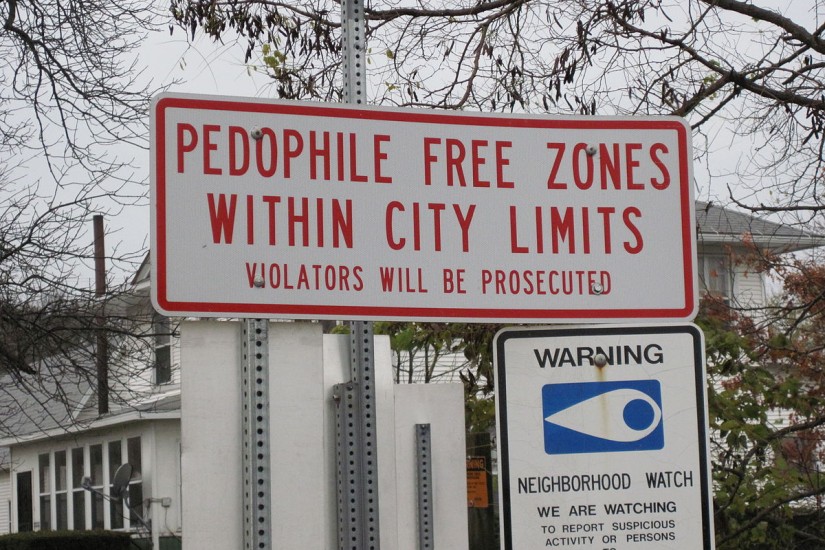Four decades ago, feminists revealed another sexual scourge: child sexual abuse. Like sexual harassment, child sexual abuse happens in the dark—usually at home or with people the child knows. And as with workplace harassers, abusers choose victims who are vulnerable, dependent, or unable to escape. They deploy flattery and shame, bribes and threats to ensure silence.
Few victims mustered the courage to tell. But when they did, they were often met with disbelief. Even people who were aware of the abuse turned their backs; those who were supposed to protect the victims defended the victimizers instead.
Suddenly, though, revelations proliferated. A movement gathered, an analysis coalesced: child sexual abuse was not just personal, it was structural, a function of a system in which male prerogative erased the rights of women and children. Feminist activists, victims, anti-rape activists, psychologists, and child protective and legal professionals worked to make the law take child sexual abuse seriously. They also sought to change the culture and the family to end the sexual coercion of children.
But because this was about sex and children, hysteria was not far behind. Before long, an industry of feminist and Christian therapists and self-help writers were claiming that virtually every behavioral quirk or emotional trouble could be traced to sexual abuse, even if—especially if—the alleged victim did not remember it. “If you think you were abused and your life shows the symptoms, then you were,” wrote poet Ellen Bass and journalist Laura Davis in their massive bestseller The Courage to Heal (1988). The symptom checklists in it and similar books include everything from arthritis to feeling ugly. Bass’s book launched a battery of unscientific “therapeutic” and forensic interviewing techniques to extract false and “recovered” memories of sexual depredation. Ambiguous or affectionate touch—a kid poking another kid’s genitals, parents bathing with their kids, teachers hugging students—came under suspicion as molestation.
Over the last half-century, the solutions conceived for social problems have diminished to one: punishment. Because millennial feminists grew up in this environment, it has narrowed their vision too.
